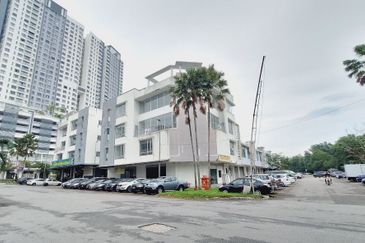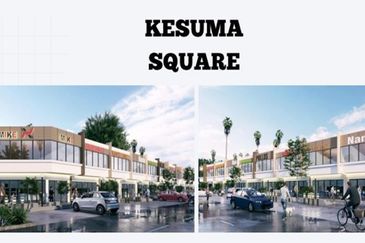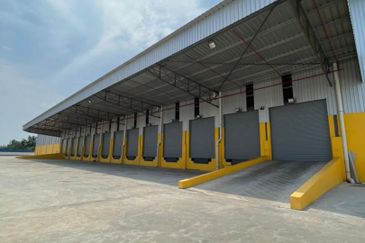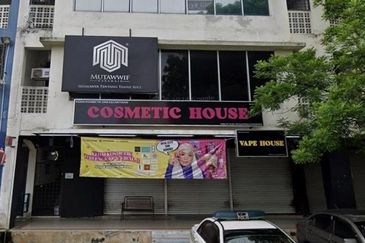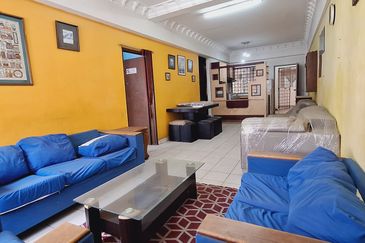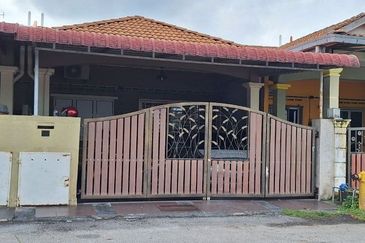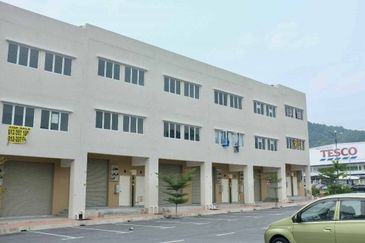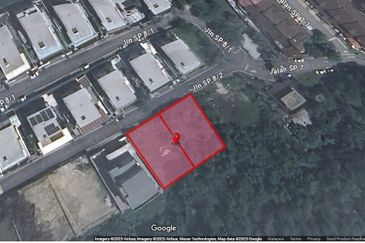 A POLICY change that came into effect on the first day of this year required employers to pay the foreign worker levy. This would have triggered a sharp hike in the cost of doing business.
A POLICY change that came into effect on the first day of this year required employers to pay the foreign worker levy. This would have triggered a sharp hike in the cost of doing business.
The change from the usual practice, where the levy is paid by the workers, became a bone of contention. Employers pointed out that it would cost them an extra RM5 billion and raise their operating cost by as much as 20%.
Ten days later, to our relief, the Cabinet stepped in following a public outcry, including from the Malaysian Employers Federation, Associated Chinese Chambers of Commerce and Industry, Federation of Malaysian Manufacturers and Master Builders Association Malaysia (MBAM).
The levy ruling under the new Employer Mandatory Commitment (EMC) has been deferred to next year. This one-year grace is at best only a respite.
Never in a decade has the need for a collective stance — by employers and trade associations — on a government policy seen such a quick response.
Builders to be hit hardest
The EMC, as announced by Deputy Prime Minister Datuk Seri Dr Ahmad Zahid Hamidi, is aimed at ensuring employers are responsible for the foreign workers they hire and to prevent the workers from absconding. In reality, though, employers have “no teeth” when it comes to enforcement.
In the current EMC framework, our assessment is that construction companies would be the hardest hit. They would have to cough up RM2 billion in extra cost, which would still not solve problems related to foreign labour such as a labour mismatch and shortage as well as illegal workers.
For MBAM, this episode is its toughest test yet as a collective national body representing more than 13,000 stakeholders, from construction firms to tradesman’s guilds.
MBAM sprang into action and switched to troubleshooting mode on the morning of Jan 1, liaising with 31 affiliates to seek a consensus on the levy issue.
In a show of unity, MBAM and its affiliated associations, together with Persatuan Kontraktor Melayu Malaysia and Gabungan Kontraktor Bumiputera Tulen Wibawa Malaysia, held a press conference on Jan 9 to appeal to the government to rescind its decision.
In a joint memorandum addressed to the prime minister, we stated that the policy should not be implemented without consulting the stakeholders to avert a huge financial burden on construction industry players and the rakyat.
Calling for a workable template, the memorandum expressed support for the government’s initiative to improve the overall management of foreign workers. Copies of the document were sent to the deputy prime minister and works minister.
The facts do not add up
Construction companies are operating on a low profit margin of less than 7% and, needless to say, will be weighed down by the RM2 billion cash payout. Without legal jurisdiction, the companies cannot ensure that the foreign workers they hire will not run away. Employers do not retain their workers’ passports.
MBAM is of the view that EMC will encourage foreign workers to abscond and move more freely as there would be nothing the employers can do to hold on to them because they do not owe their employers anything.
It would be like a “self-inflicted wound” as the country will suffer a drain in its capital because foreign workers would repatriate their savings.
Work-based learning and CIDB apprenticeship
Next month, MBAM — as part of its initiative to encourage more school-leavers and graduates to choose a career in the construction industry — will continue to conduct its work-based learning programme.
Four more construction firms — bringing the total to 10 — have registered to accept 22 students from Politeknik Ungku Omar. This is the second batch of students from the technical college to undergo a 40-week attachment with MBAM member companies. Hopefully, these students will later choose to work in the industry.
Meanwhile, the Construction Industry Development Board (CIDB) has been entrusted with training 5,000 graduates under its CIDB Apprenticeship Programme over the next five years.
These graduates, who are learning skills in some 60 subsectors of the construction industry, will receive financial support every month during their three-month employment. Those in skill trades will receive RM800 a month while those at the supervisory level will receive RM1,000 and in management, RM1,300.
The employers and graduates have the right to continue or terminate their contracts after the three-month period. This is a key initiative of the Construction Industry Transformation Programme under the 11th Malaysia Plan for the period of 2016 to 2020.
A year of uncertainty
Clearly, 2017 promises to be a year of uncertainty and we in MBAM hope that the government will discuss policies that affect the construction industry with the stakeholders before implementing them to avoid uncertainties, financial losses and diminishing confidence.
Only last year, the construction industry was battered by the government’s decisions on several fronts, resulting in a huge escalation in cost. This included the increase in levy from RM1,200 to RM1,850 less than a year ago, a rise in the minimum wage and price of fuel as well as the imposition of a 13.42% safeguard tax on top of the 5% custom tax on steel bars. The cost of construction materials and machinery, and other related costs also rose, compounded by a depreciating ringgit.
As stated earlier, the levy deferment is only a respite. Just as builders are catching their breath, another “hot potato” is in the making.
Foo Chek Lee is MBAM president and managing director of Pembinaan Mitrajaya Sdn Bhd.
This article first appeared in City & Country, a pullout of The Edge Malaysia Weekly, on Jan 30, 2017.
For more stories, download TheEdgeproperty.com pullout here for free.
TOP PICKS BY EDGEPROP
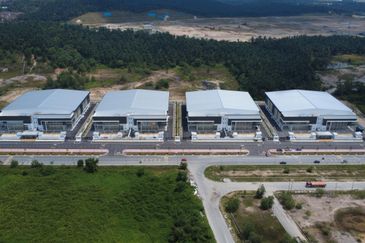
Taman Industri Alam Jaya
Kuala Selangor, Selangor
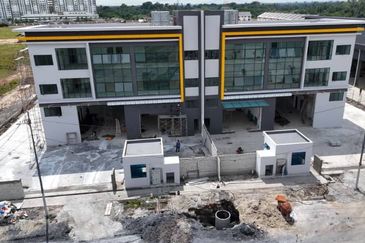
Cipta Industrial Park @ Serenia City
Sepang, Selangor

Pandan Court, Taman Pandan Mewah
Pandan Indah, Selangor

Pandan Court, Taman Pandan Mewah
Pandan Indah, Selangor
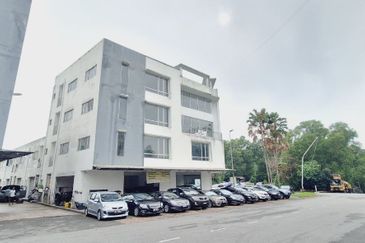
Taman Lestari Perdana
Seri Kembangan, Selangor
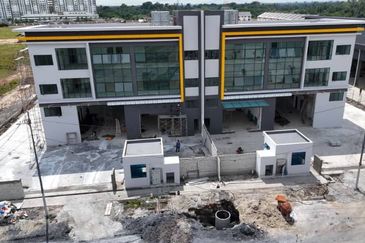
Cipta Industrial Park @ Serenia City
Sepang, Selangor
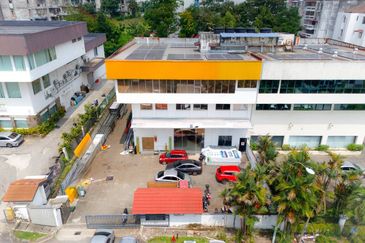
Taman Shamelin Perkasa
Cheras, Kuala Lumpur


